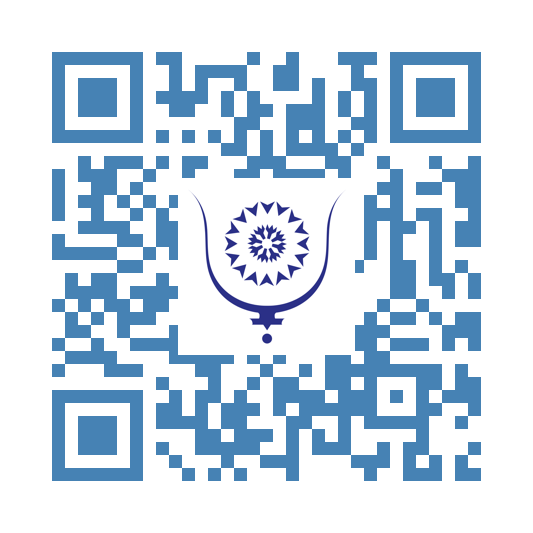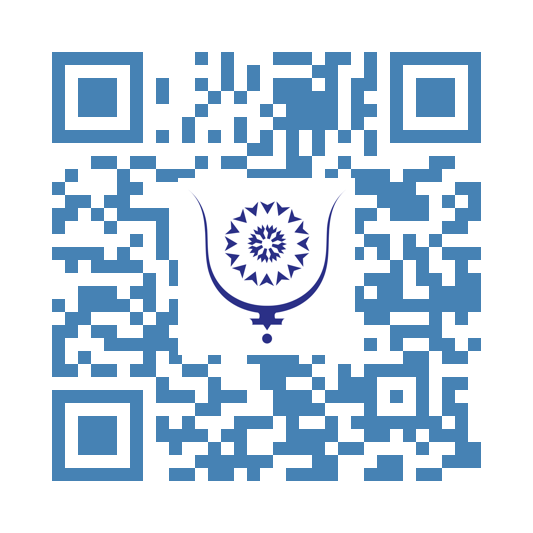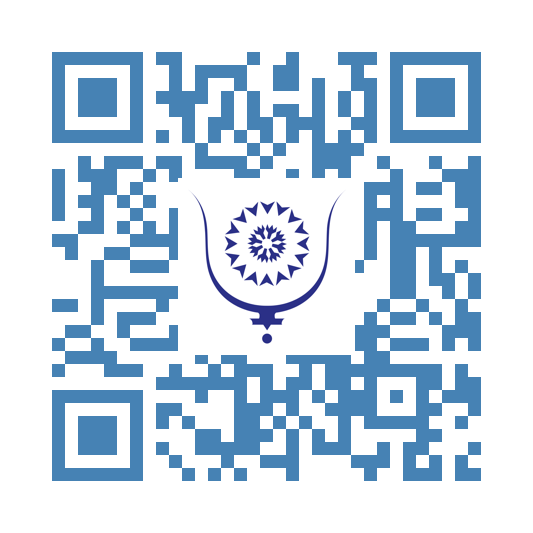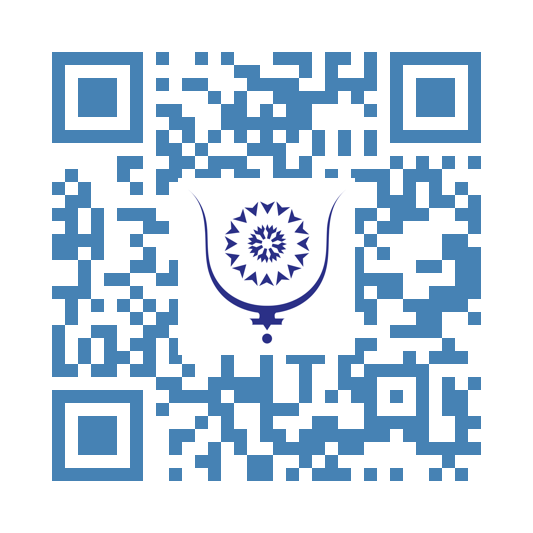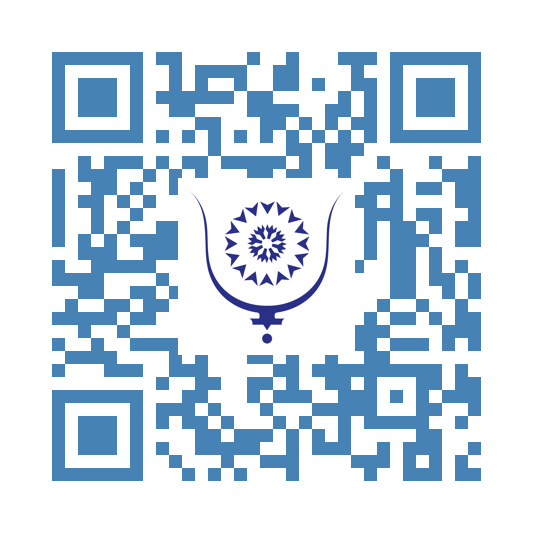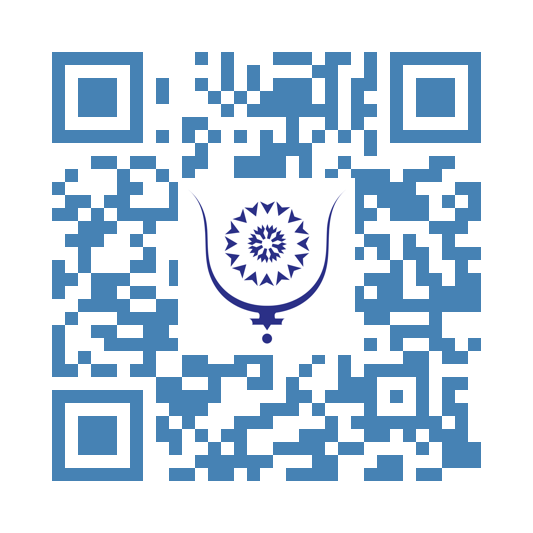My Generation
144
I come from a generation that never knew electronic tablets. Our tablets were wooden boards, where we copied verses from the Quran, learned them by heart, and recited them before the fqih. A single mistake meant the sting of a stick, followed by the laughter of classmates.
We never begged our parents for toys. We built them ourselves—rolling bicycle rims with a stick for handlebars, imitating the roar of engines with our mouths, or crafting skateboards from wood and ball bearings. Our games were simple but endless: hide-and-seek, marbles, spinning tops.
We did not need private lessons. Our teachers were masters of their craft, teaching with passion and devotion. We discovered poetry, crossword puzzles, and the joy of words at an early age. Respect for elders was a rule, and care for the younger ones a duty.
Holidays were not for travel but for small jobs that earned us coins to buy books—Camus, Hugo, Balzac, and others that today’s youth rarely open. We lived fully in the real world, untouched by the virtual.
Our joys were simple: an old movie at the cinema, a homemade sandwich of tomatoes and peppers, afternoons at the public pool, or slipping into a football match just before the final whistle. One black-and-white TV channel was enough, and a transistor radio was a treasure.
We kissed our parents’ hands, respected teachers and policemen, shared our scholarship money with siblings, and saved schoolbags and textbooks for years. We listened to our grandmothers’ tales in the dark, our imaginations weaving monsters, heroes, and enchanted princesses.
We knew the Solex, the 2CV, the Dauphine, the R8. We wrote letters and waited for the postman as if he were a hero. Pocket money came only at Eid, and our first driver’s license only after our first paycheck. We grew up running errands, carrying bread to the oven, water from the fountain, groceries on credit in the neighborhood shop.
We learned values the hard way—through discipline, slaps, and the watchful eyes of parents, neighbors, and teachers. Elders were always right. We listened more than we spoke.
That is why my generation is so different from today’s. We are often misunderstood, dismissed as outdated—even by our own children. Yet I cannot help but feel that those who never lived what we did have truly missed something.
Dr. Fouad Bouchareb
All rights reserved
Share:
My Generation
copy:
https://bluwr.com/p/397255366
Media and Intellectual Nihilism: A Poison for Public Debate in Morocco
192
For some time now, a worrying phenomenon has been spreading in the Moroccan public space: the rise of a nihilistic discourse, sometimes fatalistic and in some aspects anarchistic, propagated by influencers, a certain football audience, journalists, some academics, and even political leaders. This discourse, marked by a radical rejection of any perspective or the multiple tangible signs of progress, reflects a troubling intellectual and civic drift. Instead of stimulating collective reflection and citizen engagement, it fosters distrust, resignation, and disenchantment with the country's future, its institutions, and perhaps even its mode of operation. The prevailing impression is that of a pessimistic trap with no exit.
This nihilism expresses itself through rhetoric saturated with despair and defeatism. Themes of health and education are overused as if they were completely at a standstill. Yet, tens of thousands of Moroccans are successfully treated daily in public hospitals, and all children attend school, many achieving spectacular success that draws admiration internationally.
The discourse reduces Morocco to a state of chronic failure, trapped by political, economic, and social blockages, condemned never to progress. Yet, such a radical and caricatural view obscures the real advances the country has made over recent decades: modern infrastructure, stability in a troubled region, and steady, even impressive, improvements in all social indicators.
Admittedly, these improvements remain insufficient and sometimes unevenly distributed, but outright denial amounts to ignoring the complexity of development, which no model—economic, societal, or political—has managed to resolve perfectly.
Unfortunately, voices spreading these views gain an audience and create a toxic climate for society. Mixed with ideology and unhealthy negativity, they often present religion as a political solution to all problems, while international experience disproves this.
The dissemination of such discourse has consequences. It fuels collective powerlessness and weakens trust in institutions. By instilling the idea that any reform effort is doomed to fail, it encourages social resignation and lays fertile ground for latent, undefined, and immeasurable anger. This context favors demagogic excess, media escalation, and the systematic rejection of any political initiative.
Ultimately, instead of awakening consciences, this nihilism plunges minds into ideological paralysis.
Young people are particularly threatened by this, already facing immense challenges like unemployment, limited access to opportunities, and the quest for social recognition. They are especially exposed to such disorienting messages. Deprived of positive role models, they are tempted toward fatalism, losing confidence in the future and renouncing any form of civic engagement. Yet, a society that despairs of its youth condemns itself to stagnation and decline.
Official media, hampered by lethargy, disconnection from reality, or an unjustified fear of taking risks—both from their leaders and journalists—do little to impose or at least propose an alternative discourse of lucidity and hope.
This is not to deny Morocco’s real challenges: corruption, social inequalities, incompatibility of the education system with modernity, unproductive universities in knowledge and innovation, health system exclusions in some regions, lack of effective governance in many sectors, excessive administrative weight, among others. But these challenges cannot justify an exclusively bleak interpretation of reality.
The responsibility of intellectuals, journalists, and media figures is to propose a critical but constructive vision.
The urgency is to rehabilitate a discourse of balanced lucidity, which recognizes blockages while valuing progress margins. A discourse that denounces failures without annihilating hope. A discourse that highlights shortcomings but also offers solutions. A discourse that holds citizens responsible, that critiques their initiatives and behaviors, that highlights their rights but above all their duties and obligations.
The prevailing nihilism that settles in parts of Moroccan public debate is a slow but dangerous poison. It undermines trust, deepens social fractures, and diverts youth from constructive action and responsibility. Morocco needs critical but responsible voices capable of nurturing a collective project founded on trust, innovation, and the will to build. Without this, society risks locking itself in a vicious circle where cynicism suffocates imagination and inertia becomes inevitable.
Long ago, some were convinced the country was bankrupt; they spoke of an imminent "heart attack." Nothing of the sort happened. On the contrary, the country has advanced, continually progressing, modernizing, and developing. Morocco is increasingly asserting itself in economic emergence and social development, which must not be denied.
Share:
Media and Intellectual Nihilism: A Poison for Public Debate in Morocco
copy:
https://bluwr.com/p/396670336
The Alleys of Marrakech
215
The Alleys of Marrakech
Whether on foot or by carriage
They are magnificent, the alleys of Marrakech.
What a pleasure to wander through these shaded paths,
Changing my route each time I pass.
I mingle with the crowd,
The atmosphere is lively, the spirit proud.
The Marrakchis are funny, always cool,
Full of charm, they follow no rule.
The Spice Square feels like a spell,
From the terraces above, the view is swell.
It leaves romantics lost in dreams,
Where everything is more than it seems.
Herbalists sell their fragrant spices,
Pets abound, with no disguises.
Once at Jemaa el-Fna, everything bursts in color,
Scents rising everywhere, one after the other.
Different dishes with countless flavors
Are served here, to everyone’s favors.
A true delight,
A magical sight,
A festival of culinary art,
From a millennial cuisine with heart.
The snakes taunt the curious who stare,
Cobras bare their fangs to the air.
Only the flute’s enchanted sound
Can soothe their ardor as it floats around,
Amusing eyes that watch with glee—
The charmers’ dance, their mystery.
Mischievous monkeys, bold and sly,
Beg for peanuts or coins to buy.
They leap, they spin, they clown around,
Acrobats playing for the crowd.
Fruit juices please the wandering souls,
But as for me—I love the snails.
The tooth-pullers draw in the reckless,
With makeshift pliers, their work is merciless.
Molars and canines, pulled without care,
No anesthesia, just cries in the air.
A pitiful trade,
For those betrayed
They’ll return again someday,
Hoping dentures will ease the pain away.
The café terraces all around
Are filled with life, night and day bound.
Different melodies blend and collide,
In the square, a noisy tide.
The clamor echoes, wild and strange,
A soundscape that never seems to change.
And when I head back, my mind still rings,
With the echoes that this city brings.
I know tomorrow I’ll return again,
On foot or by carriage, it’s all the same.
To these mythical places, where magic flows,
Marrakech, your charm forever grows.
Dr. Bouchareb Fouad
Marrakech, March 17, 2023
All rights reserved
Share:
The Alleys of Marrakech
copy:
https://bluwr.com/p/396374521
Age Is Just a Number
249
Age is nothing but a number,
Just the count of candles burning bright.
On this fourth day of December,
Sixty-eight flames light up my life.
They melt away like gentle magic,
Their wax flowing quietly down the candlesticks.
Shy as maidens, they reveal themselves,
Casting soft shadows
Across the four walls of my room—
Choreographing the loveliest of dances
To the rhythm of a tender melody,
As I sway with them in every direction.
They awaken my journeys,
The memories of the film of my life—
Moments of joy once savored,
And painful chapters overcome.
Sixty-eight candles still shine upon me.
But how many remain in the treasury of my years?
One? Two? Ten, or twenty?
Only God holds the answer.
They say age is just a number.
Yet the further we go along life’s path,
The more we sense the day when all will cease.
For me, only the present moment counts.
Eternity is not mine to claim—
Only God is eternal.
What matters is guarding the wealth of health,
And taming the burdens of illness.
Sixty-eight candles brighten my world,
And I choose to savor this moment
Now, and only now.
Dr. Fouad Bouchareb
All rights reserved
Wednesday, December 04, 2024
Share:
Age Is Just a Number
copy:
https://bluwr.com/p/395939889
The man of no conviction
335
Some people are born to run fast, some to write stories, and some to fill empty space. Empty space fillers come in many shades: normies, NPCs, consultants, and so on. The one we're discussing today is the Man of No Conviction. Let's dress up a portrait:
The Man of No Conviction never fights for anything. He's too cool for that. Changing things is for suckers who watched Naruto and took it too seriously. You can't be a Man of No Conviction if you're stupid. Thankfully, all Men of No Conviction happen to be smart, or at least smarter than those retards who try to do something about anything.
When born in a position of weakness, the Man of No Conviction immigrates. Playing life on hard mode is for suckers. But he's not a sucker, he's a born winner. Not because he actually wins, but because he never allows himself to think that he's lost. This type of behavior is apparent when The Man of No Convictions plays games: If he's losing at fifa, he'll start scoring against himself to deny his defeat. If he's playing a tabletop game, he'll go take a smoke the moment he stops winning and never come back.
So the Man of No Convictions usually switches servers (one needs to be comfortable while having no convictions) but his operating system never changes. His only allegience is to his undying belief that nothing is worth fighting for. If it's not easy, why even bother? A lot of immigrants are men of no conviction; that's why you never see them in protests to better the country that they move to. For the ruling class, these guys are a wet-dream. They can screw them over as much as they please. When things get too bad, they will finally listen to the racists, pack up their stuff and go back to their country. For the sociopathic elite, increasing the number of Men of No Conviction, either through demotivation or importation, provides a high that's only rivaled by dodging taxes and f**king children.
The main issue with the type of guy we're talking about isn't that he's selfish. It's that he is irrationally selfish. Even when the status quo does not benefit him, he cannot fathom the idea of doing something about it, especially if it involves other people. Collective action is always more effective at enacting change than individual efforts. But since he's usually in a position of weakness, collective action implies that there is a greater good. Ideas like altruism and greater good are obviously for faggots, so it's a hard pass. The Man of No Conviction does not go to protests, does not sign petitions, does not believe in charity, and does not even complain about how fucked things are. Actually, he secretly wishes he was one of the people responsible for how fucked things are. His ideal jobs range from drug dealer and cigarette marketer to Blackrock executive or corrupt dictator. After all, a flexible moral disposition is one his greatest strengths.
A lot of people in my generation are increasingly adhering to this persona. That's why e-commerce Buggati influencers are so popular. Gary Stevenson, ex-brokey turned ex-trader turned influencer, put it beautifully : " when you win at life, you win against the people competing with you. The people you grew up with and surrounded by. You leave these people behind and move on to compete with other people". In his case, he loved his people and decided to go back to help them out by starting a movement to tax the rich. To the Man of No Conviction, moving up in society is good especially because it allows him to look down on those who were his peers before. It is the ultimate validation for his way of life. A wonderful life of walking down the beaten path traced by various intelligence agencies and unbeatable power structures.
If your parents are like that, god forbid they try to give you a better life than the one they had. If your coworkers are like that, god forbid you get together to defend your common class interests. If you friends are like that, god forbid you ever ask them to do anything for you that requires more than the slightest bit of effort. Of course, if you call out a Man of No Conviction for who he is, he'll retreat to mockery (you are lame for trying to change things), blame shifting ( they never agreed to the basic expectations your relationship implies), and gaslighting (you're the one who started this).
Next time we'll discuss the exact opposite archetype : the woman of too many affiliations.
Share:
The man of no conviction
copy:
https://bluwr.com/p/394944231
Narcissism at its Extreme
364
How handsome he is,
the man with the hat!
A true Sagittarius,
one of a kind,
dignified and bold,
fantastic,
funny,
extravagant,
enigmatic,
mysterious,
curious,
a dreamer,
gentle
and rebellious at the same time.
For his family, he is an idol,
for his colleagues, he is kind and witty,
for his friends, a center of gravity.
His days overflow with activity.
He defies every law.
A piercing gaze,
commanding respect
and regard.
Sociable,
and rather helpful.
A sly smile
never leaves indifferent
those who cross his path.
Some admire him,
those who fight him end up retreating.
His beauty can be seen from afar,
though faded in certain corners.
Beneath his bright hat he conceals
secrets,
mysteries,
dreams,
and desires.
His charisma is real,
a gift from heaven.
His elegance envies no rival.
A hidden strength,
a star that sings in the heart of a lost night,
a love song from the past
that defies infinity—
and it is better this way.
Other stars,
dazzled and amazed,
in a serene sky,
repeat their refrains
while awaiting the break of dawn,
the rising of the sun,
and the warmth of its rays, one after the other.
His kindness is legendary,
his friendship exemplary,
his reputation crosses borders
and rivals his peers.
Dr. Fouad Bouchareb
All rights reserved
Agadir, July 17, 2025
Share:
Narcissism at its Extreme
copy:
https://bluwr.com/p/394604416



